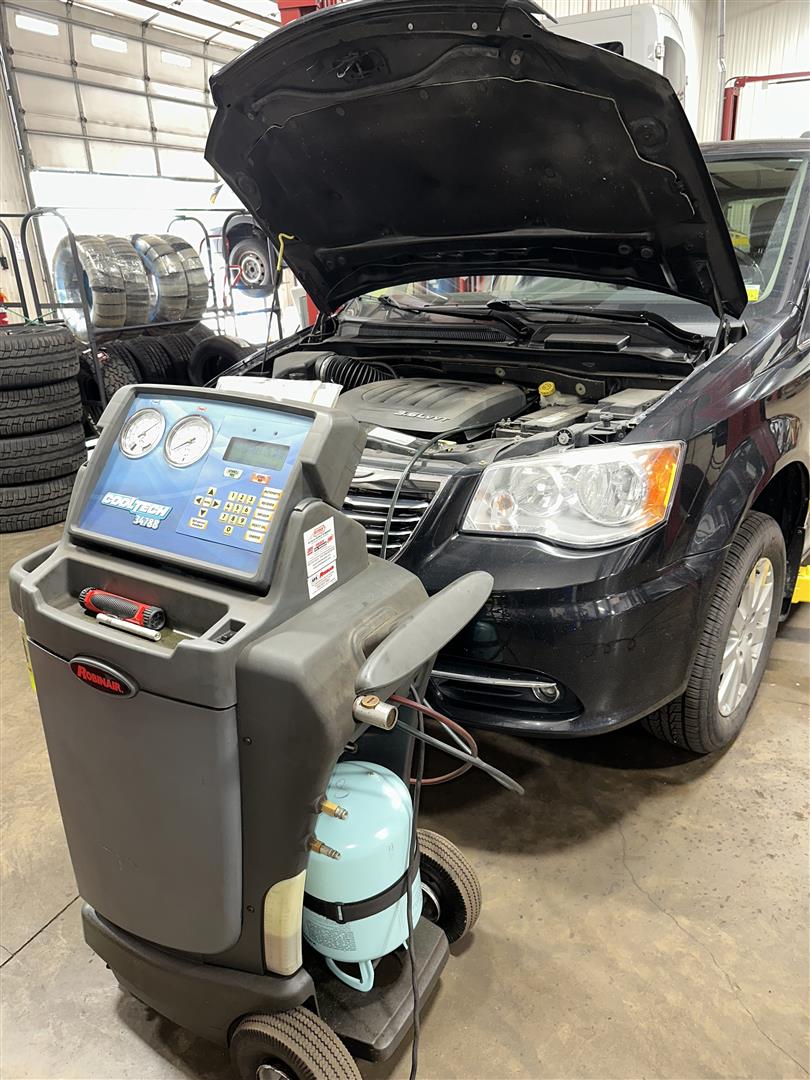Posted on 7/6/2023

When it comes to air conditioning systems, Freon is an integral part. It is the coolant that makes air conditioning possible. But did you know that there are different types of Freon? Specifically, R134a and R1234yf Freon. Learn more about these two types of Freon and the benefits of one over the other. R134a, also known as HFC-134a, has been the industry standard for automotive air conditioning since the 1990s. It’s a hydrofluorocarbon (HFC). A type of synthetic refrigerant that does not contain chlorine. This makes it less harmful to the ozone layer compared to predecessors like R-12. R1234yf, or HFO-1234yf, was introduced in response to environmental concerns over the continued use of HFC-134a. This newer refrigerant is a hydrofluoro olefin (HFO). It has a much lower global warming potential (GWP) compared to HFC-134a. This refrigerant can only be used in ne ... read more
Posted on 7/6/2023

A common problem many drivers face is overheating. Serious engine and transmission damage can occur when a vehicle over heats. Learn more about what causes a car to overheat and how to avoid it. Low Coolant Level: Coolant or antifreeze helps keep the engine cool by circulating throughout the engine block and radiator. If there is not enough coolant, the system cannot dissipate heat. This causes the engine to overheat. Check the coolant level often and add more if necessary. Broken Thermostat: The thermostat controls the temperature of the engine. It can cause the engine to overheat or run too cold if it fails. A thermostat can break for reasons, such as corrosion, wear, or a mechanical failure. Have a mechanic replace your thermostat if you think it may be broken. Radiator Problems: The radiator dissipates heat from the engine that the coolant has absorbed. If the radiator is clog ... read more